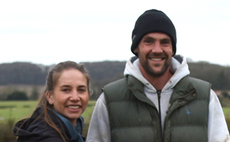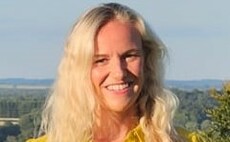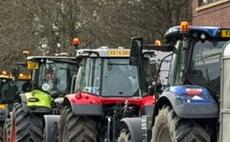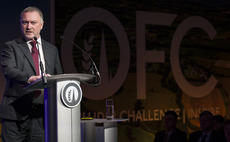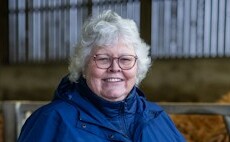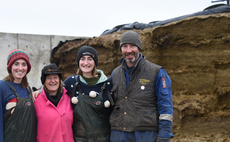Diversification
Farm Life
Making the most of their location by installing vending machines selling milkshakes, ice cream and coffee, has enabled a dairy farming family to generate additional income streams
Politics
March Spending Review is key to future of SFI, says department, which admits concerns over future budget
Farm Life
Positivity is key to the approach taken by Matt Brooks and Laura Pollock as they take their first steps on the farming ladder in Monmouthshire
Farm Business
Farm Retail Association chair Emma Mosey, who owns Yolk Farm in York alongside her husband Ben, gives some first-hand advice on how to 'weather the storm' following the Autumn Budget
Farm Business
Defra Secretary Steve Reed is 'out of touch' and 'it will take years to rebuild confidence in Government', says protest organiser
Politics
Mr Reed said: "Food production will always be the primary purpose of the farming sector, but for all farm businesses, tenants, upland and others, to stay viable in an increasingly uncertain world and to make sure they can keep producing the food we all need, they must be able to profit from other activities"
Politics
Lack of investment in farming down to profitability not Inheritance Tax changes,says Defra Secretary
Mr Reed said: "12,000 farms and producer businesses went bust under the last government. This is already happening. It is nothing to do with IHT. It is because the sector is not profitable
Politics
Steve Reed uses Oxford Farming Conference to unveil Labour's long-term vision for agriculture
Farm Business
"When it comes to succession and rethinking business structure, you should not make changes overnight"
Podcasts
Working together to manage the 200-plus milking herd as well as an on-site adventure farm is key to the success of the Lewis family’s, Clerkenhill Farm, Haverfordwest

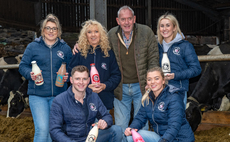
 23 January 2025
•
9 min read
23 January 2025
•
9 min read

